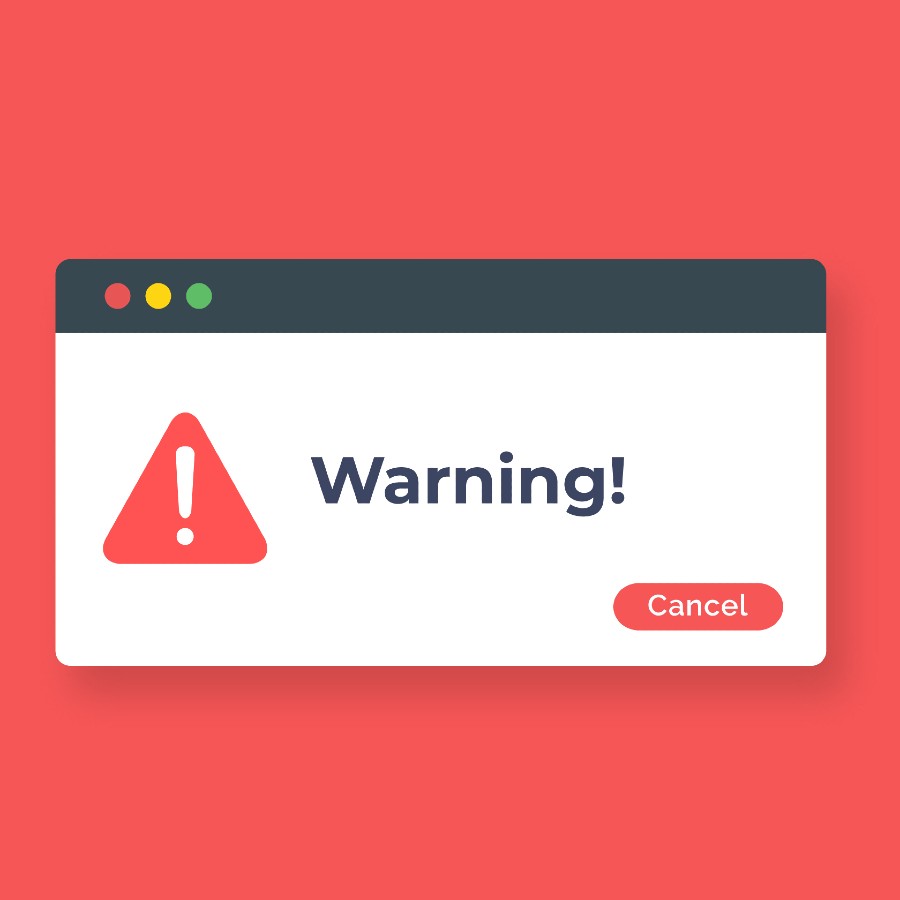Source: Beware Safety Risks Posed by ‘Off-Label’ Drug Use – Drugs.com MedNews
“Off-label” drug use puts patients at risk for serious side effects, especially when scientific evidence is lacking, a new study finds.
Physicians prescribe “off-label” when they recommend drugs for uses that have not been approved by the U.S. Food and Drug Administration. It’s a common and legal practice.
It’s also hard to track, because U.S. doctors aren’t required to document the reason for prescribing a treatment.
But in what may be the most extensive review of the practice to date, a Canadian-U.S. research team found reason for concern.
Patients prescribed off-label drugs without strong scientific evidence were 54 percent more likely to experience an adverse event, such as a drug reaction, drug interaction or allergic response, forcing them to stop taking the drugs, the study found.
“We are not saying that off-label is bad,” said Dr. Tewodros Eguale, who led a research team at McGill University in Montreal. “But when it’s off-label and there’s no strong scientific evidence, we showed that there’s a high risk of adverse drug events.”
Among drugs commonly prescribed off-label, the researchers found hallucinations were linked to the antidepressant trazodone (Oleptro), often ordered to treat insomnia. And weight gain was associated with the schizophrenia drug Zyprexa (olanzapine), which is frequently prescribed off-label for depression.
Off-label drug use should be part of the discussion between patients and their physicians, he said.
The study was published online Nov. 2 in the journal JAMA Internal Medicine.
Doctors have many reasons to prescribe off-label. The arsenal of medications to treat a condition may be limited, patients may have exhausted other drug options or medicines with good evidence may not have gone through the FDA process.
“Off-label use is higher than it should be, in part because the FDA does less than physicians and the public thinks it does,” said Dr. Randall Stafford, director of the Program on Prevention Outcomes and Practices at Stanford University in Palo Alto, Calif.
He said the FDA judges a drug’s safety and effectiveness for a single clinical condition.
“Unfortunately, many physicians think of FDA approval as a blanket endorsement,” Stafford said. “This leads to use of drugs for clinical conditions that have not been evaluated.”
Amitriptyline (Elavil), approved solely to treat depression, is frequently prescribed off-label. Preventing migraine is one such use, for example.
Almost half of amitriptyline’s off-label uses are backed by strong scientific evidence, said Eguale, now an associate professor at the Massachusetts College of Pharmacy and Health Sciences in Boston and an adjunct professor at McGill.
The malaria drug quinine is often prescribed for leg cramps and restless leg syndrome, although regulators have warned against its off-label use due to risks of serious bleeding.
“It’s not the biggest offender [in terms of adverse events], but its off-label prescribing rate is very high. Close to 99.4 percent of the time, it’s used for an off-label condition,” Eguale said.
All of the off-label uses of quetiapine (Seroquel), risperidone (Risperdal) and Zyprexa — three powerful antipsychotic drugs — lack strong scientific evidence, he said.
For the study, researchers scoured electronic health record data on roughly 46,000 adults patients who received more than 151,000 prescriptions from primary care clinics in Quebec from 2005 through 2009.
Physicians using that data system must enter the reason for each new prescription, change in dosage or discontinuation. They must also include specifics on any adverse drug events.
More than one in 10 prescriptions in the study were for an off-label use. Of those, more than 80 percent were for off-label uses lacking strong scientific evidence, the researchers said.
Rates of adverse events involving on-label use and off-label use with strong scientific evidence were about the same, the study found.
In all, the study authors identified 3,484 adverse drug events. However, they acknowledged that the study might not capture all medication-related events, that doctors can miss symptoms and patients may fail to mention all of their symptoms.
The average cost per adverse event, considering possible emergency room visits and hospitalizations, ranges from $759 to $1,214, the study authors estimated.
In a related journal commentary, doctors at the Veterans Affairs Pittsburgh Healthcare System highlighted a recent U.S. federal court ruling against an FDA ban on off-label drug promotion.
This study provides “compelling evidence” that the FDA and courts must carefully consider before relaxing the ban, they concluded.
More information
Visit the Agency for Healthcare Research and Quality for more on off-label drug use.









1 Comment
hi, great article thanks for sharing, keep rolling the ball.